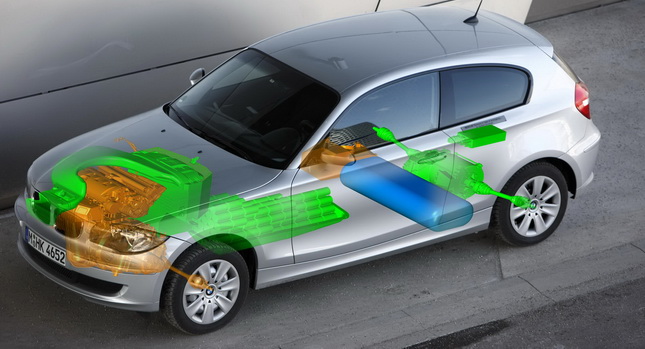With developing costs on new technologies rising and markets fluctuating in unforeseeable ways, cooperating with other manufacturers is the way to go.
BMW has been one of the first to mingle with its automotive counterparts. Since 2002, it has been cooperating with Europe’s second largest group, PSA Peugeot Citroen.
Only a few days ago, it announced a new deal with Toyota, in which the Germans will provide the Japanese with their diesel engines in exchange for Toyota’s vast expertise on hybrid technology.
On Monday, German newspaper Wirtschafts Woche reported that the Munich-based luxury automaker is in talks to form yet another partnership. This time it will be with the world’s number one, General Motors, and the issue is fuel cell technology, a field in which GM has done a lot of research and development.
“We are speaking to GM about various future technologies but we are not saying anything more beyond that,” a BMW spokesman said on Saturday, while GM declined to make any comments.
The German publication cited a report on Business Week, which said that BMW wants to gain access to GM fuel cell technology, and in return will participate in the huge costs of further developing what is considered by most to be the future of the automotive industry.
So, is the maker of the Ultimate Driving Machines running out of ideas or cash to develop these technologies on its own?
The answer is no: BMW is simply cooperating with companies that are not direct competitors on a worldwide basis in order to profit from their expertise in certain fields and significantly reduce development costs for its own models.
PHOTO GALLERY








